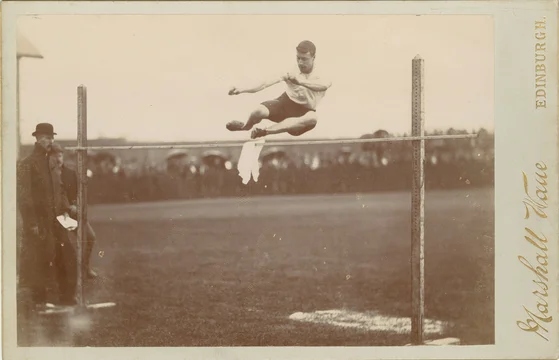Dauberts, especially of technical experts, are notoriously difficult. An error needs to be pretty blatant for the Court to find that it's not mere grounds for cross-examination. Moreover, it tends to be hard to find something useful to cite in a Daubert brief because the inquiry is often very fact-specific.
Thankfully we have Judge Bryson's opinion in Prolitec Inc. v. ScentAir Technologies, LLC, C.A. No. 20-984-WCB (D. Del. Dec. 13, 2023) (Mem. Op.), which sets forth a pretty bright line rule on a technical failure that warrants exclusion—failure to use a control in an experiment.

The specific experiment at issue was elegant in its awfulness. The claims required that the lid to a device have a "tortuous passage" that assisted in preventing leakage. To test if the accused product's tortuous passage prevented leakage, the plaintiffs' expert filled up the device, turned it on its side and checked for leaks. Finding none, he opined that the passage prevented leakage.
Judge Bryson noted the obvious flaw in this test and excluded the experts opinion:
ScentAir’s third and most telling objection is that Dr. Hultmark did not also test a device similar to the Breeze cartridge but lacking a tortuous passage, in order to determine whether that device would leak when filled 45 percent full of fragrance oil and placed on its side . . . .Given that there was no control for Dr. Hultmark’s test, the fact that the Breeze product did not leak under those conditions does not show that it was the tortuous passage in the Breeze cartridge that was responsible for the absence of leakage. Because Prolitec has failed to provide a satisfactory answer to this flaw in Testing Configuration 1, I find that the evidence regarding that test would not be helpful to the jury, and the evidence will therefore be excluded.
Id. at 28-29.
That's about as straightforward a Daubert ruling as I've ever seen. I'll hope to cite it myself soon (enemies beware!)
If you enjoyed this post, consider subscribing to receive free e-mail updates about new posts.



